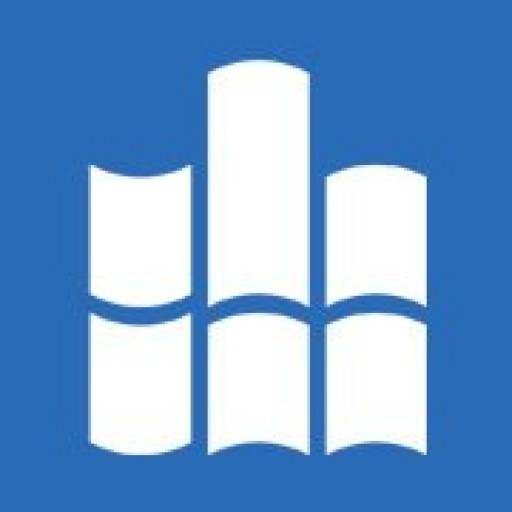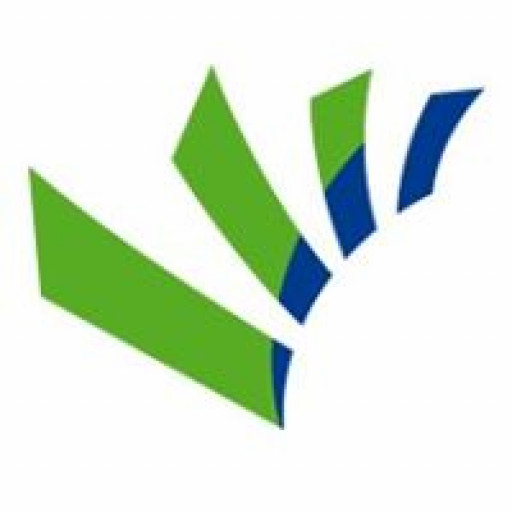Photos of university / #hochschulemittweida
"Applied Mathematics in Digital Media at Mittweida University of Applied Sciences is a comprehensive and interdisciplinary degree program designed to equip students with the mathematical skills and computational techniques necessary for innovative applications in the digital media industry. The curriculum combines rigorous mathematical theory with practical skills in programming, data analysis, and digital media technologies, preparing graduates for dynamic roles in multimedia development, virtual reality, gaming, and digital content creation. Throughout the program, students engage with core subjects such as numerical methods, algorithm design, image processing, multimedia systems, data structures, and software development. They also gain vital knowledge in computer graphics, multimedia encoding, and interactive media, enabling them to develop and optimize complex digital applications. The program emphasizes hands-on learning through project work, laboratory exercises, and collaborations with industry partners, ensuring students acquire real-world experience aligned with current technological trends. Graduates of Applied Mathematics in Digital Media are well-prepared to pursue careers as multimedia developers, digital media analysts, software engineers, or continue their studies in related master's programs. The degree is delivered by experienced faculty members actively involved in research and development in digital media and applied mathematics, providing students with insights into cutting-edge innovations and industry needs. With a focus on combining mathematical rigor with practical digital media applications, this programme aims to foster innovative thinking, problem-solving abilities, and technical expertise, making graduates highly competitive in a rapidly evolving digital environment."
Educational organisation
First semester:Automata Theory (lectures and seminars)
Network Algorithms (lectures, seminar, and lab)
Public Key Cryptography and Digital Signatures (lectures, seminar, and lab)
Stochastic Models (lectures, seminar, and lab)
Mathematical Seminar I
One selection course (*)
Second semester:
Computational Intelligence I (lectures, seminar, and lab)
Reliability of Communication Networks (lectures, seminars)
Advanced Topics in Modern Cryptography (lectures, seminars)
Simulation and Visualisation (lectures and labs)
Programming Project (seminar and labs)
One selection course (*)
Third semester:
Computational Intelligence II (lectures, seminar, and lab)
Social Network Analysis (lectures, seminar, and lab)
Wavelets in Image and Audio Compression (lectures, seminar, and lab)
Maths and Media Project (seminar, labs)
Mathematical Seminar II
One selection course (*)
Fourth semester:
Master's Thesis (with colloquium)
(*) Selection courses:
Discrete Structures, Integral Transforms, Mathematical Logic, Programming Project II, Signals and Systems, Discrete Optimisation, Selected Topics in Computational Mathematics, Selected Topics in Computational Statistics, Selected Topics in Discrete Mathematics, Digital Communication, Embedded Systems, Computer Graphics and Animation, Data Compression, Wireless Communication, Discrete Mathematical Modelling, Digital Video Analysis, Advanced Topics in Computer Science
Study abroad unit(s)
Participants may spend the fourth semester of the programme abroad if they wish.Internships
No internshipsForms of assessment
All modules conclude with a final exam with a mix of written exams, oral exams, seminar discussions or lab work. In some modules, students may choose a different type of exam, e.g. a written exam instead of an oral exam. For successful graduation, a total of 120 ECTS credits must be acquired, whereby 30 credits are achievable per semester and 5 credits are assigned per module. 30 credits are awarded for the Master's thesis and the final colloquium.All exams and the Master's thesis will be in English (or if the student chooses so, in German).
Course objectives
Graduates of the Master's programme have in-depth theoretical and practical knowledge in various fields of applied mathematics which are essential to the design and operation of digital media; in particular they have in-depth knowledge in automata theory, coding theory, cryptology, mathematical network analysis, stochastic modelling, computational intelligence as well as simulation and visualisation. They are qualified to acquire new knowledge from other fields of mathematics and computer science by themselves, to recognise future scientific and technological trends and to incorporate them into their academic or professional work.The graduates have an outstanding ability to think in abstract, conceptual, logical, structural and algorithmic ways. They are able to formulate mathematical hypotheses, and to prove or disprove them. They have excellent programming skills and, in addition, a very deep understanding of the underlying mathematical structures and algorithms. They are qualified to cooperate interdisciplinarily with computer scientists and engineers in large programming projects, and to take on project management in such projects.
Graduates are capable of reading mathematical research literature in English. They are able to use the international mathematical language both in speech and writing, to present their results in mathematical texts and lectures, and they can use modern communication media with a high level of expertise. Their style of academic and professional work is characterised by persistence and perseverance. They are qualified to work scientifically on an independent basis, to join academic and public institutions, and to prepare for a PhD in mathematics or computer science at a university.
Language requirements
English language proficiency is required at minimum level B2 of the Common European Framework of Reference (CEFR). We accept among others the following examinations:- TOEFL Internet-based (iBT) at least 79 points, computer-based (CBT) at least 213 points
- IELTS (International English Language Testing System) at least Band 6.0
- Cambridge Certificate: First Certificate in English (FCE)
- Cambridge English (ESOL)
German language skills are not required, but they are very useful for daily life outside the university. We offer German language courses outside the programme at no extra cost.
Academic requirements
Bachelor's degree in mathematics, computer science or a related field (e.g. information technology), which corresponds at least to a German Bachelor's degree (we shall check this and inform you), including transcript of records. Please submit these documents as certified copies with certified English or German translations and refer to our web pages to find out which documents you must submit in addition in order to complete your application.Enrolment fees
79 EUR per semesterCosts of living
Approx. 590 EUR per monthFor detailed information, please see:
https://www.ausland.hs-mittweida.de/en/incomings/anreise/financeplanning.html#c14139
Job opportunities
Well-paid job opportunities are found in the nearby cities of Chemnitz, Leipzig, and Dresden. During the semester break (February/August/September) you will have enough time for work.Arrival support
The International Office gives individual advice and support. It recommends travel connections, advises you with regard to accommodation, and informs you about all necessary administrative tasks during arrival and during your studies.Detailed information for Mittweida is given on the International Office website.
See: https://www.ausland.hs-mittweida.de/en/incomings/anreise.html







